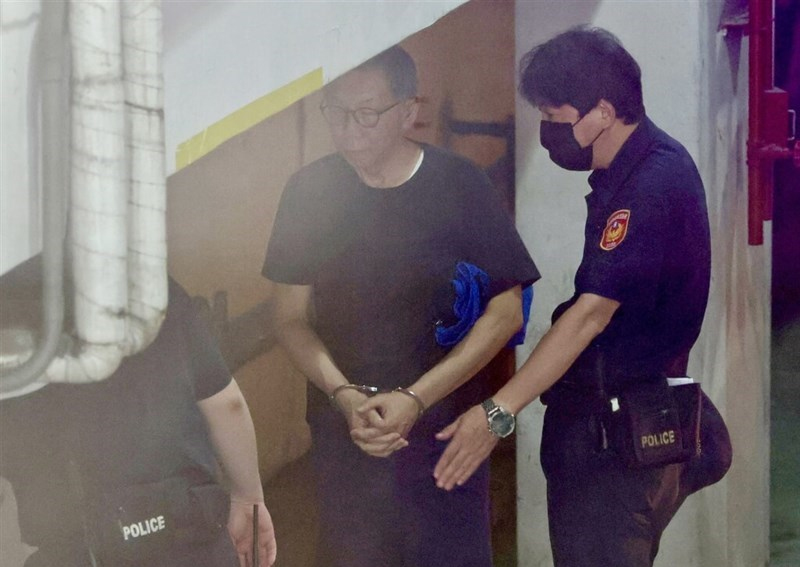Taiwan’s High Court on June 12, 2025 denied an appeal by former Taipei mayor Ko Wen‑je and his co-defendants to be released from incommunicado detention, extending it by two months amid a high-stakes corruption investigation tied to urban planning decisions during his tenure (2014–2022).
Key Rationale Behind the Court’s Decision
- Risk of collusion and witness tampering: The court emphasized the need to prevent coordinated testimony or interference with key witnesses, whose cross-examinations are still pending.
- Evidence stage complexity: With the trial still in the evidence examination phase, the risk of prematurely releasing Ko could jeopardize the judicial process.
- Fairness preserved: Judges determined the defendants retained adequate rights to request evidence and present defenses, rejecting claims of unfair trial procedures.
Charges & Investigation Timeline
- Ko, Core Pacific Group chairman Sheen Ching‑jing, KMT councilor Ying Hsiao‑wei, and former mayoral chief Lee Wen‑tsung are all indicted under Taiwan’s Anti‑Corruption Act, facing allegations of bribery, embezzlement, and breach of trust concerning the Core Pacific City redevelopment project in Songshan District.
- Prosecutors are seeking a cumulative sentence of 28.5 years, with bribes allegedly funneled through the developer to influence zoning decisions and political donations.
- Initial detention began in September 2024, with multiple extensions due to concerns over flight risk and evidence tampering—Ko’s current incommunicado detainment has continued since January 2025.
🔍 Unique Analysis & Insights
- Judicial Strategy and High-Stakes Signaling
The court’s extension signals a strategic emphasis on maintaining strict procedural integrity during politically charged cases. By extending incommunicado detention, authorities aim to disrupt any potential secret coordination—a telling move in Taiwan’s high-stakes political landscape. - Political Overtones and Public Confidence
Given Ko’s prominence—he secured 26.5% in the 2024 presidential race—the ongoing detention fuels debate on political prosecution. The Taiwan People’s Party has already accused the DPP-led judiciary of targeting political rivals. The ruling may deepen partisan divides even as the judiciary attempts to assert its independence. - Implications for Taipei’s Urban Development
The underlying charges involve pivotal development decisions. For urban planners and legal observers, the case underscores pressures and potential vulnerabilities in municipal governance—raising critical questions about transparency, regulation, and developer influence. - Comparative Context
Similar to global anti-corruption efforts, Taiwan’s strict stance reflects a trend seen in South Korea, Brazil, and other democracies where high-profile former politicians face rigorous scrutiny. Yet, extending pre-trial detention in political cases can backfire, risking perceptions of judicial bias.
FAQs
What does “incommunicado detention” mean?
It means the detainees are held without contact, even with family or private legal counsel, to prevent collusion or intimidation of witnesses.
Why is Ko still detained?
The court determined there’s a high risk of collusion and incomplete evidence review, and thus his continued detention is legally warranted.
How long could Ko remain in detention?
The detention has been extended by two months starting June 2, 2025. Decisions beyond that will hinge on trial progression, witness schedules, and further judicial review.
What are the next stages ahead of the trial?
The case remains in the evidence examination phase. Witness cross-examinations and presentation of defense evidence will determine when detention can be reconsidered.
Could this impact Taiwan’s political scene?
Yes. Ko’s detention affects not only his personal future and the TPP but also broader public trust in judicial fairness—potentially influencing public sentiment ahead of future elections.


